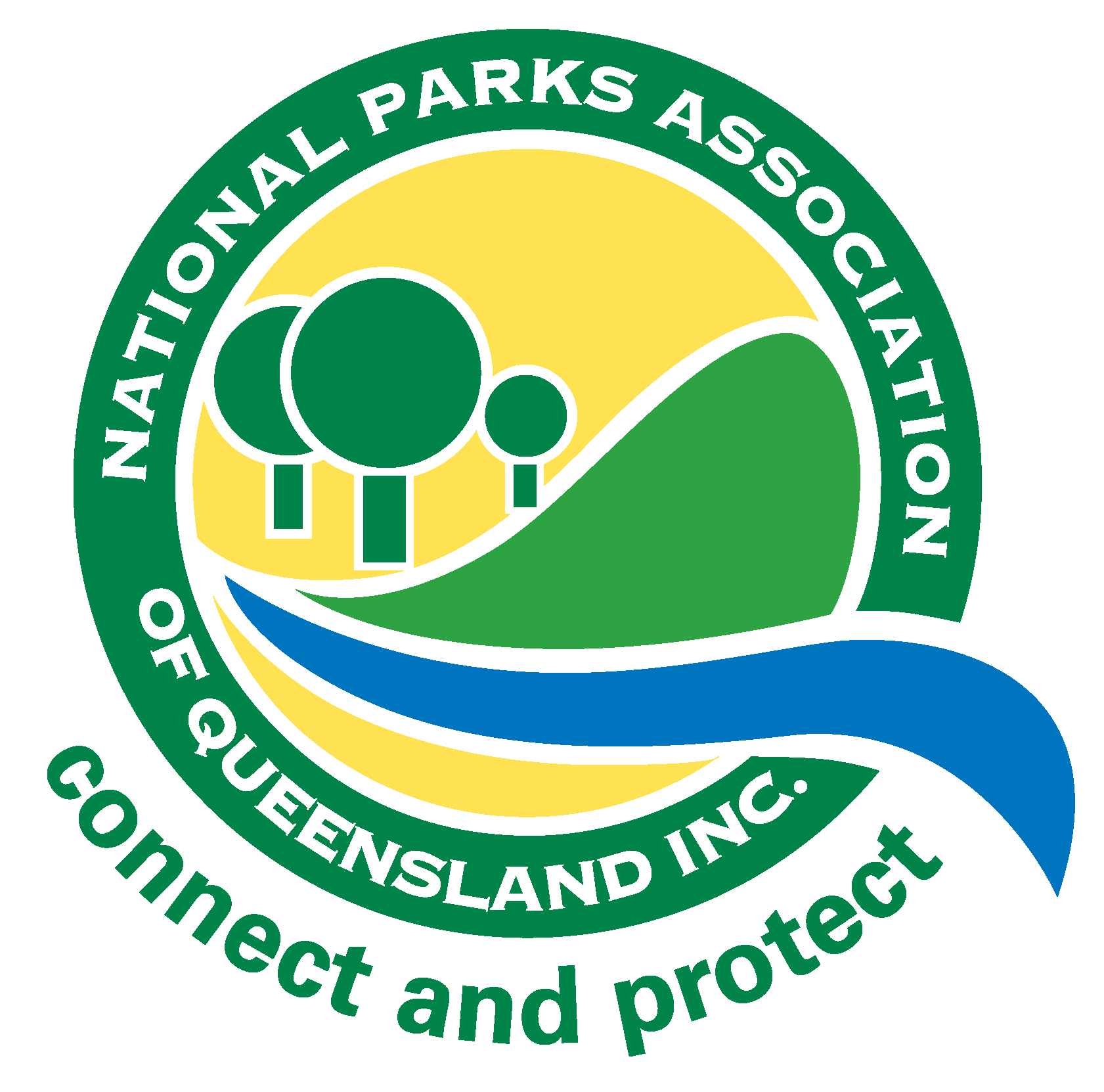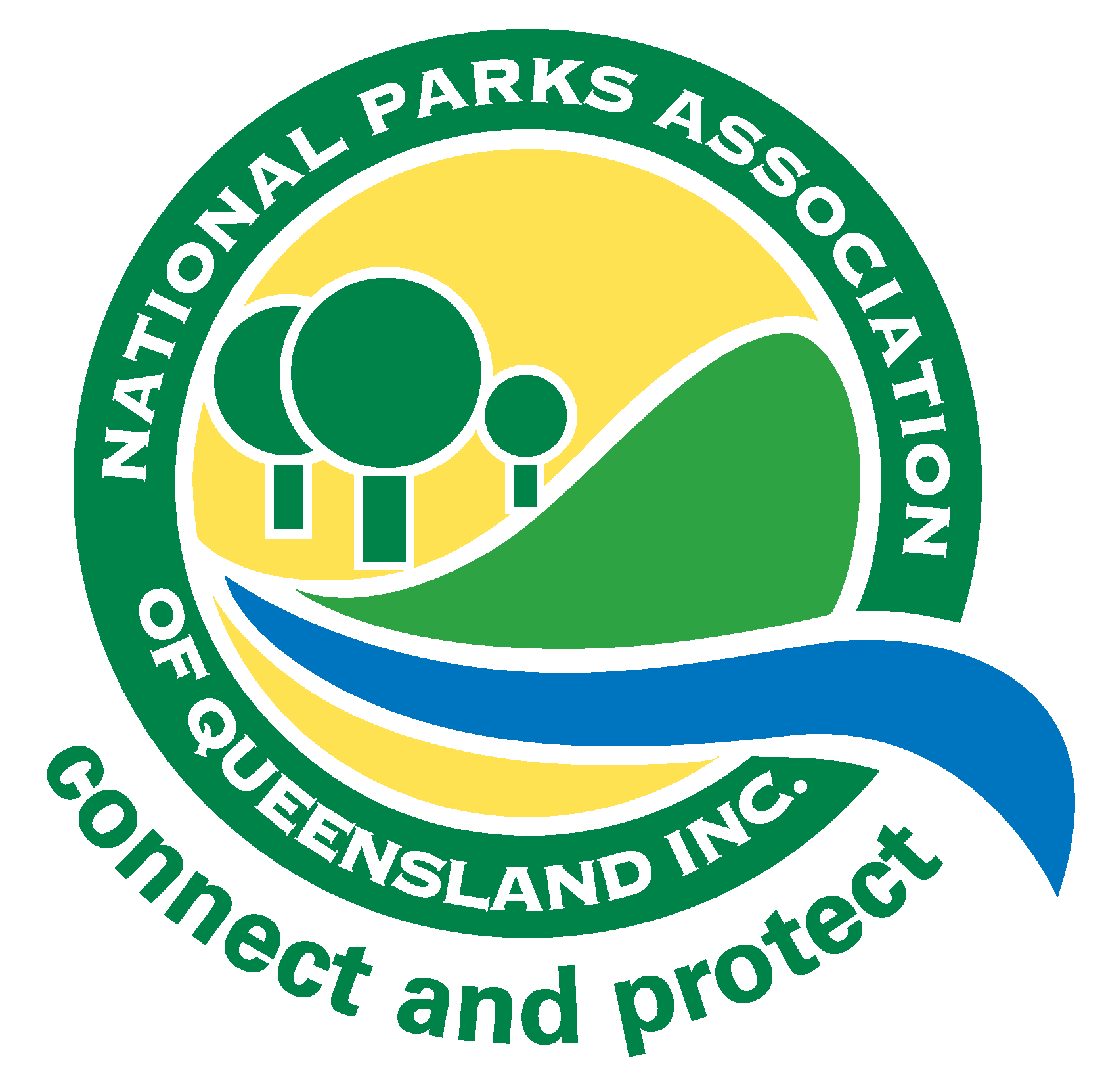National Parks
From the President – Protected Magazine Autumn 2020
Welcome to the Autumn edition of Protected.
We live in challenging times and I wish you and your families well during the coronavirus pandemic. Like so many, we have had to make major adjustments in response to the consequences of the virus and community precautions. Unfortunately our 90th birthday celebrations and parks campaign, for which much work had been done, have been cancelled. The contributions of all is much appreciated.
In this edition you can read about the Association over the past 90 years, the importance of volunteer conservation groups, ecotourism debate, wetlands research and more.

It is a privilege to be part of a not for profit that has been continuously active for nine decades. This has been achieved by people of passion and goodwill who have given generously to a simple cause: aiming for Queensland to have representative and well managed national parks.
Common association themes over the 90 years have been the recognition of the value of nature in its own right and its value to us human beings. It is gratifying to see the present Council enthusiastic about the Association being active and successful for the next 90 years.
Much has changed in the last 90 years and it is accepted that the rate of future change is likely to be faster. There are a few obvious differences for an Association born in last century’s depression compared to now:
• For some decades (except for some of World War II) NPAQ was one of the few advocacy groups in the “environmental” arena – this made it easier to broadcast messages. Now there are a plethora of groups consisting of well-meaning people all competing for funding and advocating for specific and often similar causes.
• Queensland was a large state with much unallocated land. Now the state is occupied by tenures and rights often overlapping which makes land use change administratively difficult and sometimes expensive and contentious. In 1938 Queensland’s population was around 1 million, now it is over 5 million.
• Over the 90 years a large number of the State’s plants and animals have become threatened because of clearing and the spread of feral animals and weeds.
• There was very little legislation specific to parks and biodiversity conservation. Now there is a mountain of related legislation, regulations and policies that an athletic lawyer may have trouble jumping over. It almost seems that as the number of pages of legislation grow, it is inversely proportional to the quality of our environment. In this year of a review of the EPBC Act it is worth considering – does our legislation prioritise the environment or enable continued development whilst considering the environment?
• We are awash with information and opinions. Compared to the occasional telegraph or phone call, books and direct conversation, we now have instant access to great volumes of information and views. Opinions can override facts and unfortunately social discourse can become nasty. Tom Nichols in his book “The Death of Expertise” examines this phenomenon.
• The scientific knowledge on our plants and animals and how best to ensure their ongoing presence is well developed (compared to decades ago) and land management techniques are well established.
• The community recognises the value of national parks (in the past it was a few visionaries) and it is generally accepted that it wants more. There are many voluntary hours spent rehabilitating land, removing weeds and caring for wildlife. There is good reason to be optimistic about a growing interest in care for our natural world.
The Association’s work is far from done, yet to be successful going forward it needs to adapt to change and be constantly asking how we use our resources to best effect.
References:
Nichols, Tom. The Death of Expertise. Oxford University Press, 2017.


